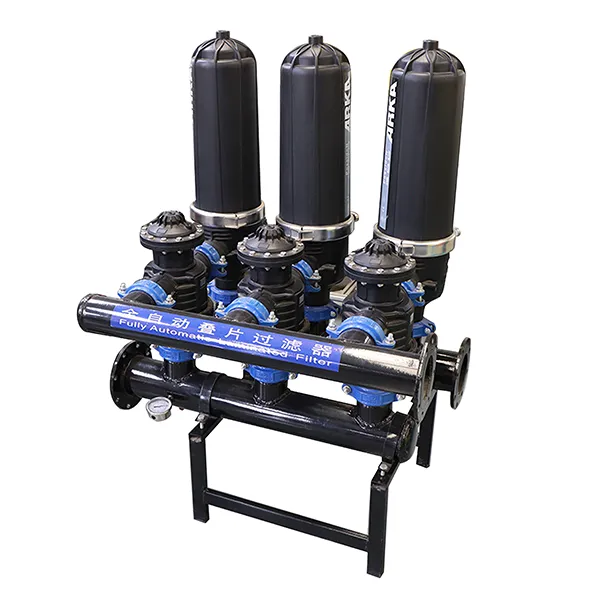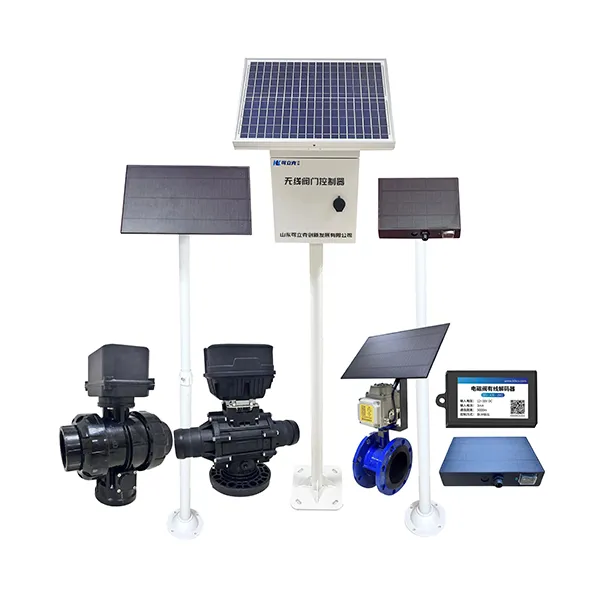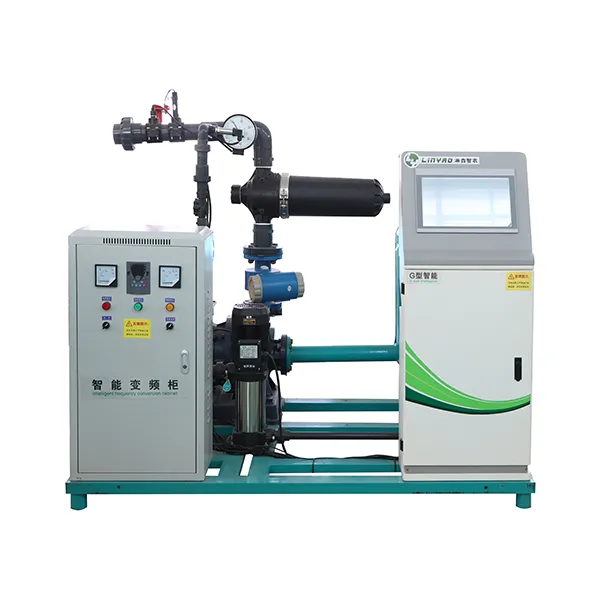
Automatic Drip Irrigation System Main Buyer Country
When you hear aboutautomatic drip irrigation system buyer's main country, Israel or Spain immediately appears. But in reality, our Russian market has been demonstrating a paradox for the last three years - 60% of requests for complex irrigation automation come from Chinese manufacturers. And this is not about cheapness, as many people mistakenly think.
Debunking the Myth of 'Budget Solutions'
In 2021, we installed a trial system for a vineyard in the Krasnodar region. The customer initially wanted German equipment, but was faced with the problem of adapting to local waters - a hardness of 8-12 mEq/l damaged the emitters within a season. I had to explain that Chinese manufacturers likeShandong Linyao Intelligent Agriculture Technology Co.,LtdSystems are initially designed for different water qualities, including our specific conditions.
The key difference is not in the price of components, but in the control architecture. Russian agronomists often require the ability to remotely control via mobile networks, while not all European systems support operation in weak signal areas. Chinese engineers immediately set up a hybrid mode - GSM + LoRa, which is critically important for our open spaces.
I remember the case of a greenhouse complex near Voronezh, where the owner insisted on the Israeli system. After two months of operation, it turned out that the irrigation algorithms do not take into account sudden changes in night temperatures in our climate. We had to urgently modify the controller - and this is an additional 30% of the original cost.
Technical nuances that are not written about in catalogs
If you analyze the sitehttps://www.lyzhihuinongye.ru, it is clear that the company is focusing on the integration of water and fertilizers. But in practice, compatibility with Russian weather stations turned out to be more important. Last year we encountered a problem when data on soil moisture from Russian sensors was incorrectly processed by imported software. I had to register the calibration coefficients myself.
A peculiarity of Russian buyers is the requirement for frost resistance even for the southern regions. Standard Chinese systems are designed for -15°C, but in the same Rostov region there are also -25°C. It is necessary to additionally install heating cables in the control units - this increases the cost by 7-10%, but it guarantees operability after winter.
An interesting point with filters: in China, disk filters are more often used, while in our country they still prefer mesh filters due to the high concentration of suspended matter in the water. It is necessary to adapt systems to local requirements, although technically this is not always justified.
Economics vs practice: what really matters
Many customers first ask about the payback period, but the decisive factor is the ability to fine-tune for a specific crop. For example, strawberries require a special mode of alternating drip tapes, which is not provided in standard European solutions.
Last season we worked with a farmer from Stavropol who grew tomatoes in open ground. Using the system fromShandong Lingyao Co.,LtdIt was possible to implement zonal irrigation with different intensities for different stages of the growing season. The result is water savings of 23% compared with the previous season, while yields increased by 11%.
An important point is the training of local personnel. Chinese manufacturers usually provide instructions in English, but our technicians often do not speak the language. We have to develop simplified diagrams in Russian with pictograms - this takes extra time, but is completely worth it.
Real cases and pitfalls
A system for irrigating lavender fields was installed in Crimea. We encountered an unexpected problem - the bees were actively landing on the droppers, attracted by moisture. We had to develop special reflective covers that were not included in the original project.
Another example is a garden in Kabardino-Balkaria, where the terrain has a slope of 15-20 degrees. The standard system did not take into account the redistribution of pressure across zones. We had to install additional pressure relief valves, although initially the project seemed standard.
The most difficult thing is to convince the customer of the need for regular maintenance. Many people think that an automatic system means 'set it and forget it'. We have to show with examples how efficiency can decrease in one season due to clogged emitters or calcium deposits.
Prospects and limitations
Now I see a trend towards integration with Russian precision farming systems. For example, the combination of remote sensing data from satellites and humidity sensor readings is something that is really in demand in large agricultural holdings.
The main limitation is logistics. Delivery of spare parts from China takes 45-60 days, which is critical for the agricultural season. It is necessary to create spare parts warehouses in the regions, which increases the overall cost of projects.
If we talk aboutbuyer's main countryfor automatic drip irrigation systems, Russia is indeed becoming a key market. But success depends on the ability of manufacturers to adapt to our specific conditions, rather than simply offering standard solutions.
By the way, on the websitelyzhihuinongye.ruNow there is a section with cases on working in different climatic zones of Russia - this is the right approach, which shows an understanding of local characteristics.
Correspondingproducts
Related Products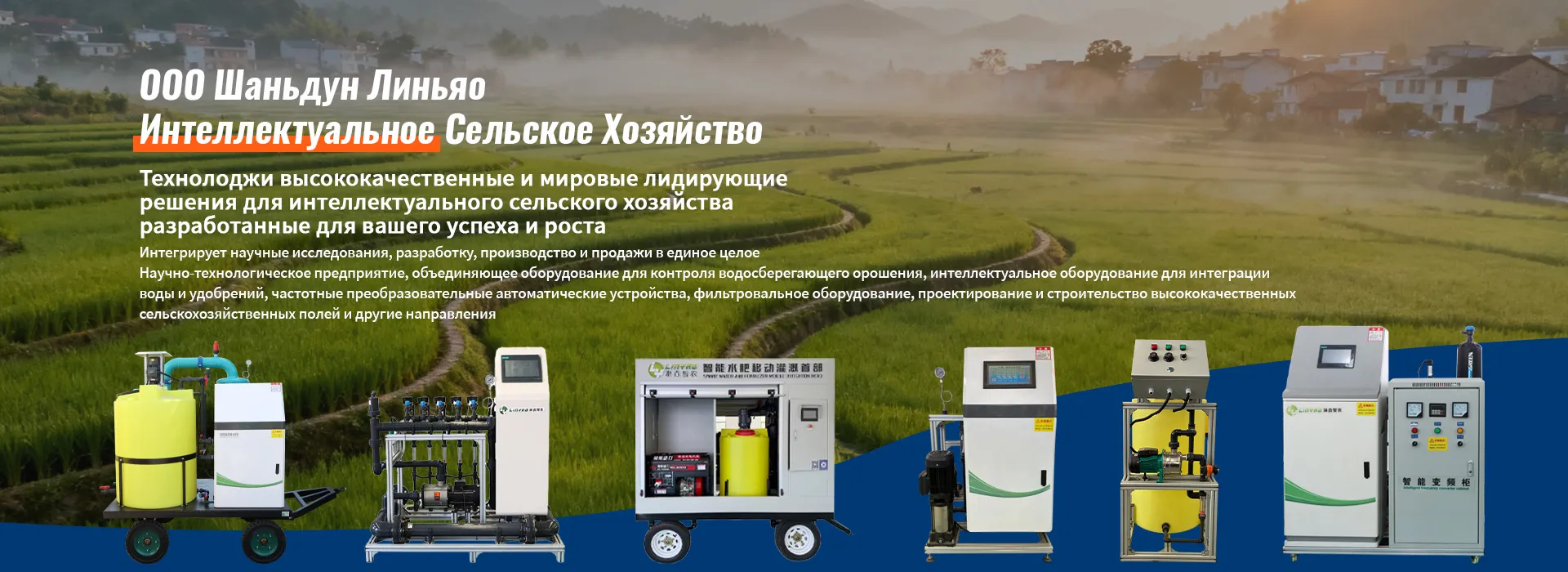
Best Sellingproducts
Best Selling Products-
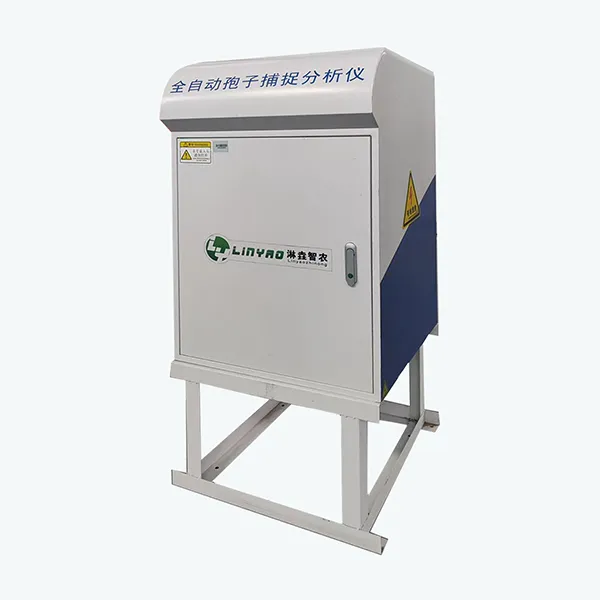 Fully automatic spore analyzer for agriculture
Fully automatic spore analyzer for agriculture -
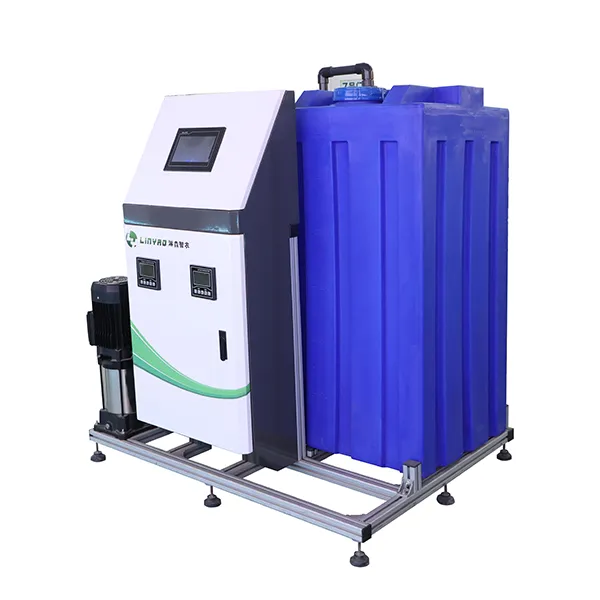 Fertilizer pre-mix fertilizer machine
Fertilizer pre-mix fertilizer machine -
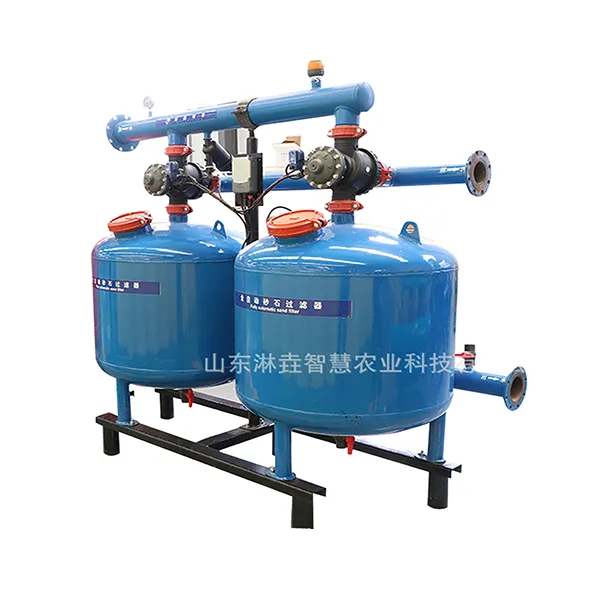 Automatic Backwash Sand Filter for Drip Irrigation System
Automatic Backwash Sand Filter for Drip Irrigation System -
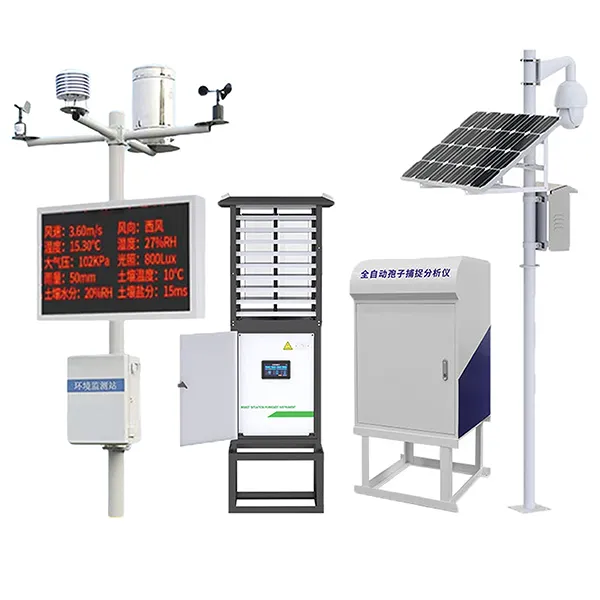 Agricultural weather station
Agricultural weather station -
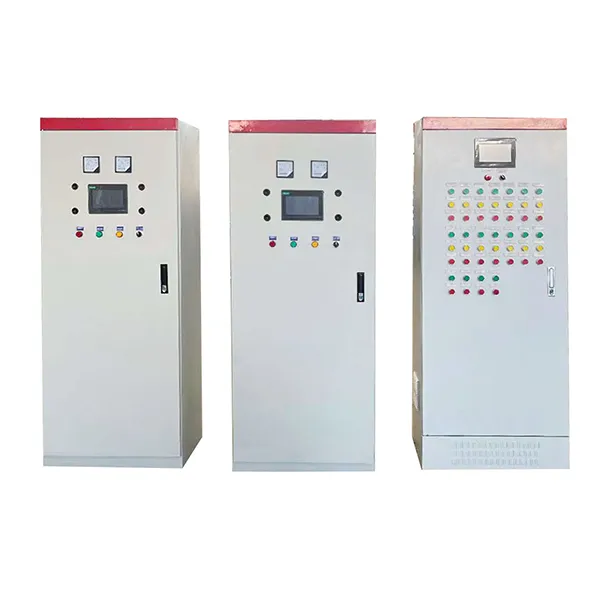 IoT-based greenhouse control cabinet
IoT-based greenhouse control cabinet -
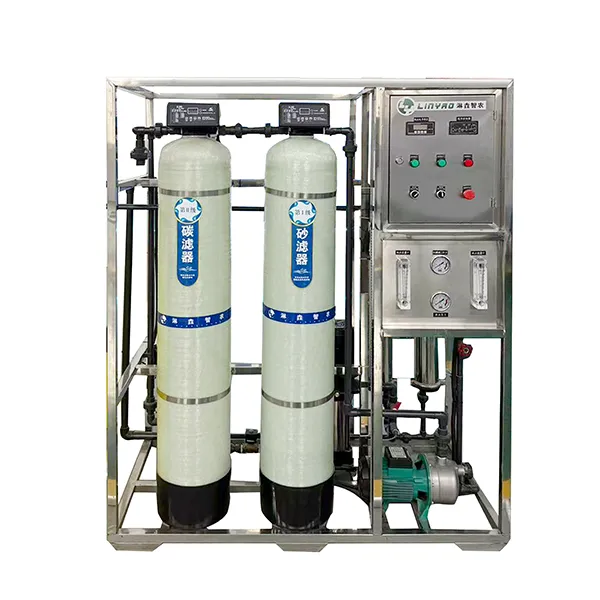 ABC Single Stage Reverse Osmosis Water Purification System
ABC Single Stage Reverse Osmosis Water Purification System -
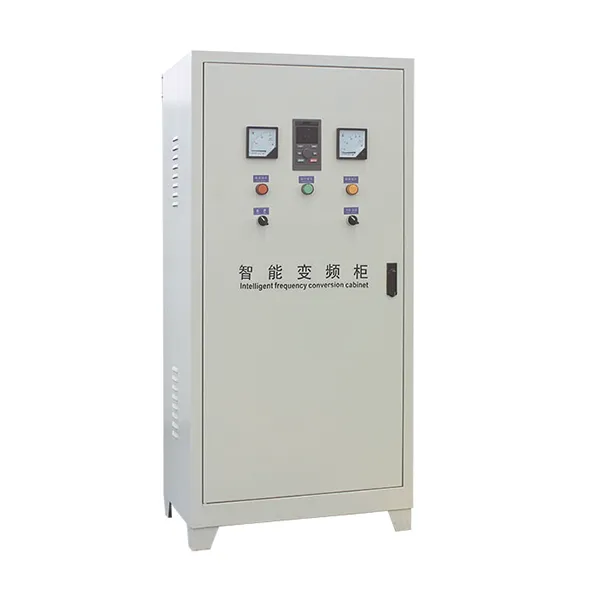 Intelligent Frequency Converter Cabinet
Intelligent Frequency Converter Cabinet -
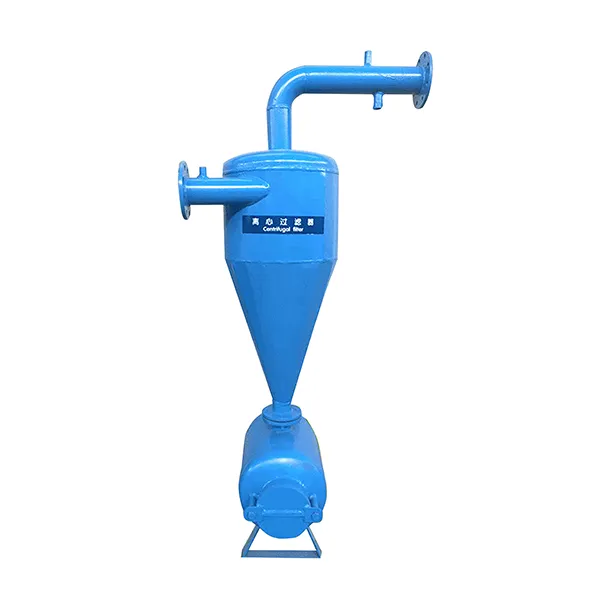 Centrifugal filter
Centrifugal filter -
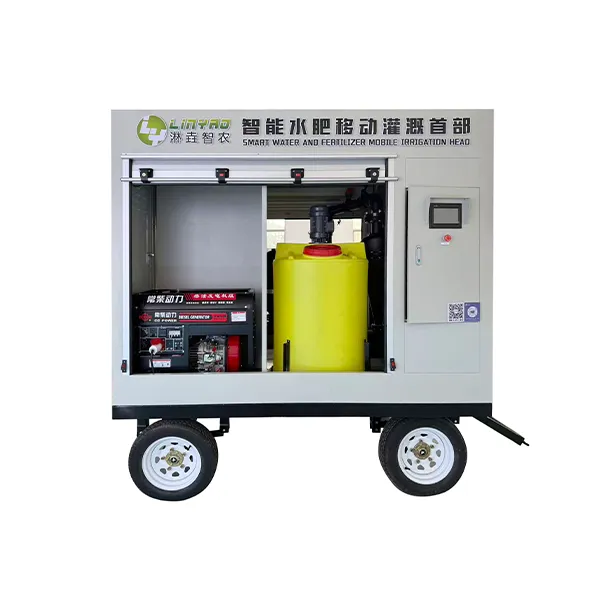 Intelligent mobile head for irrigation and fertilization
Intelligent mobile head for irrigation and fertilization -
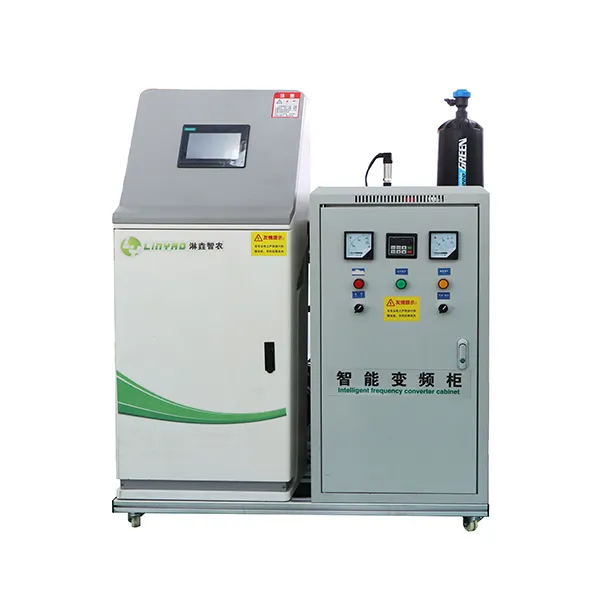 Main Fertilizer Irrigation Plant
Main Fertilizer Irrigation Plant -
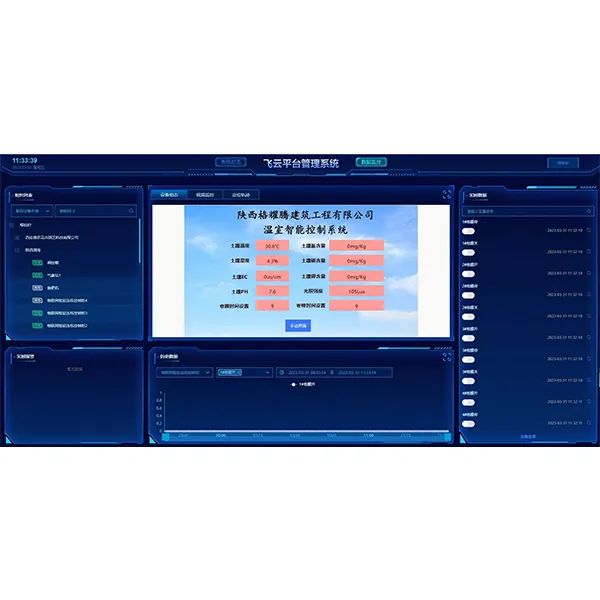 Cloud platform for smart agriculture
Cloud platform for smart agriculture -
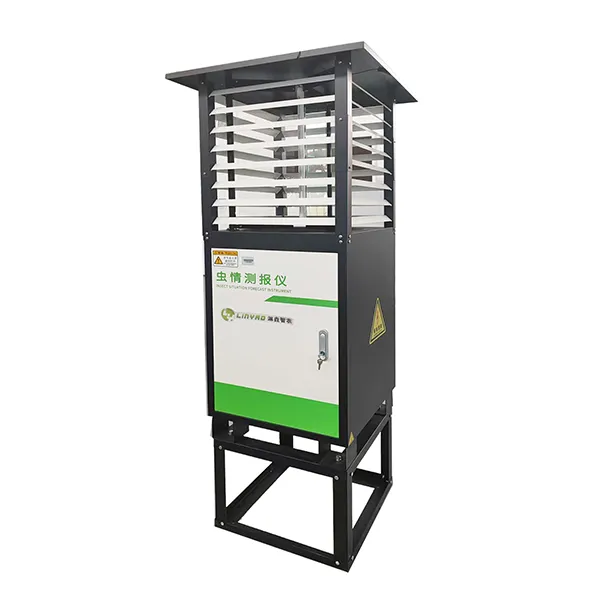 Intelligent pest monitoring equipment
Intelligent pest monitoring equipment
Relatedsearch
Related Search- Soil irrigation system manufacturers
- Horticultural irrigation supplier
- Agricultural Irrigation Tools
- Series of valves and control cabinets for greenhouses
- Wireless control systems for auto-irrigation valves
- Agricultural sand filters manufacturer
- Electrically controlled valve
- Butterfly valve nodular cast iron dn80 wafer/flange version supplier
- Mobile pumping station main country of buyer
- Flow electric valve


